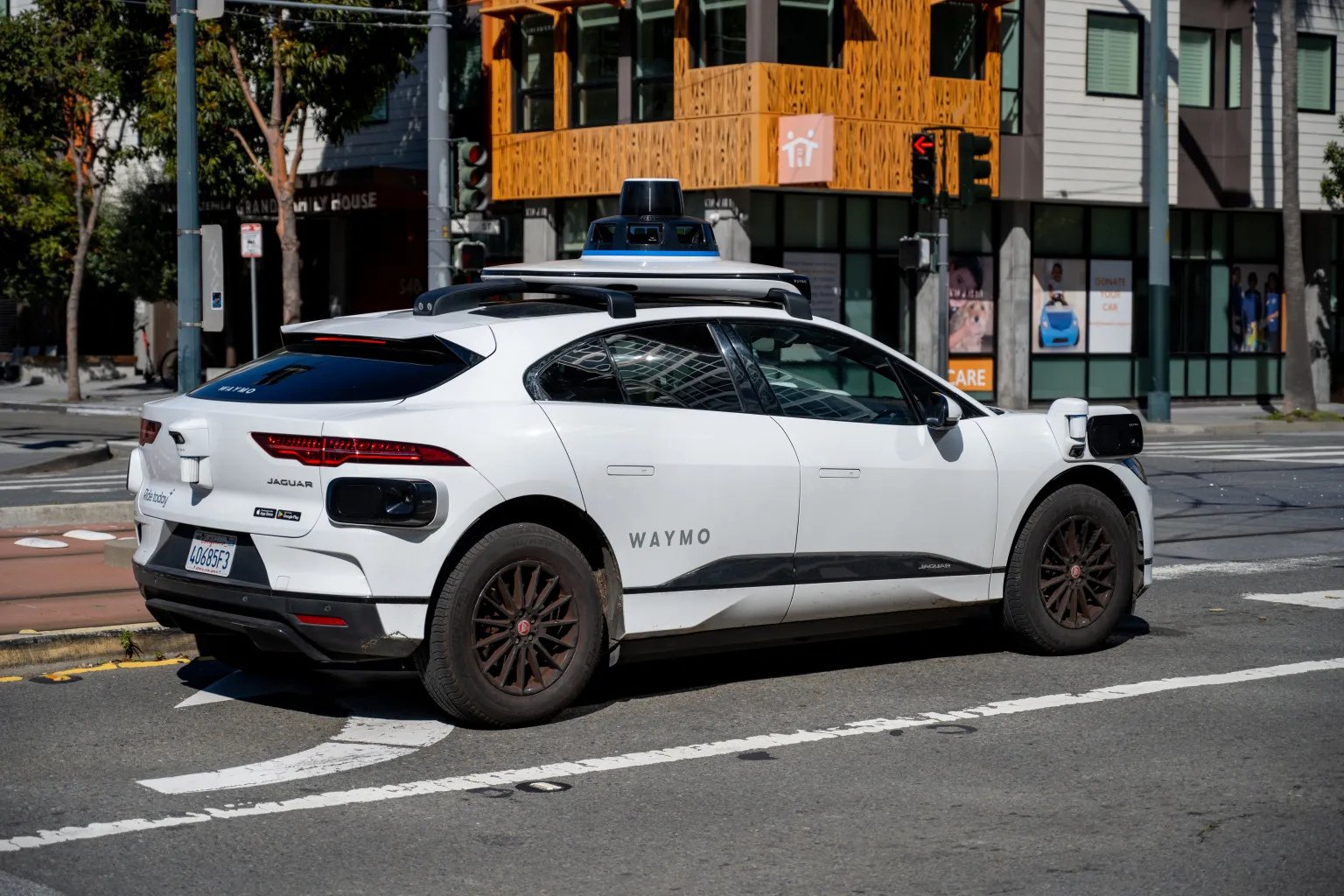Waymo’s Data Strategy for Generative AI and Advertising
As autonomous vehicle technology continues to evolve, Waymo is exploring innovative ways to utilize data collected from its robotaxi services. Recent revelations about the company’s draft privacy policy, uncovered by researcher Jane Manchun Wong, suggest a new approach that combines rider data with generative AI development and targeted advertising.
Understanding Waymo’s Data Collection Practices
The proposed privacy policy indicates that Waymo may incorporate video footage from interior cameras, linked to rider identities, into its generative AI training datasets. This move raises important questions about the extent of data collection within autonomous vehicles and its potential applications in artificial intelligence development. The policy also mentions possible data sharing for personalized advertising purposes, adding another layer of complexity to rider privacy considerations.
Privacy Options for Riders
Waymo provides riders with choices regarding their personal information usage. Under California’s privacy laws, passengers can prevent their data from being shared or sold to third parties. Additionally, there’s an option to opt out of having personal information, including interior camera data tied to their identity, used for training generative AI models. This flexibility allows users to maintain control over their data while using Waymo’s services.
Exploring Potential Use Cases
While specific details remain unclear, the interior camera data could potentially capture various aspects of rider behavior, including facial expressions and body language. The intended applications of these generative AI models are still unknown, as is whether Waymo plans to develop these models internally or collaborate with other Alphabet companies like Google or DeepMind. These unanswered questions highlight the need for greater transparency in data usage practices.
Waymo’s Expanding Market Presence
Waymo’s commercial success in the robotaxi industry is evident through its rapidly growing rider base. As of February, the company was facilitating over 200,000 paid rides weekly across Los Angeles, San Francisco, Phoenix, and Austin. This represents a significant increase from just two years ago when the company was handling 10,000 rides per week. With plans to expand into Atlanta, Miami, and Washington, D.C., in the coming years, Waymo’s market presence continues to strengthen.
Financial Considerations and Future Prospects
Despite its operational achievements, Waymo remains a significant investment for Alphabet. The company received an additional $5 billion from Alphabet last year and raised $5.6 billion from external investors, bringing its valuation above $45 billion. However, these investments come with substantial research and development costs, along with expenses related to fleet expansion, specialized equipment procurement, vehicle maintenance, and charging infrastructure development.
The Path to Profitability
Alphabet’s financial reports don’t provide specific details about Waymo’s performance, grouping it under the “other bets” category, which reported a $1.2 billion operating loss in 2024. This financial context helps explain why Waymo might be exploring alternative revenue streams, such as in-vehicle advertising and data sharing for AI development. While the timeline for achieving profitability remains uncertain, these strategies could potentially contribute to the company’s long-term financial sustainability.
Balancing Innovation with Privacy Concerns
As Waymo navigates its growth trajectory, the company faces the challenge of balancing technological innovation with rider privacy expectations. The integration of interior camera data into AI training and advertising initiatives requires careful consideration of ethical implications and user trust. How Waymo addresses these concerns will likely influence public perception and regulatory scrutiny moving forward.
The intersection of autonomous vehicle technology, artificial intelligence development, and data privacy presents complex challenges and opportunities. As Waymo continues to refine its approach to data utilization, industry observers and consumers alike will be watching closely to see how these developments shape the future of transportation and AI technologies.




















































Comment Template